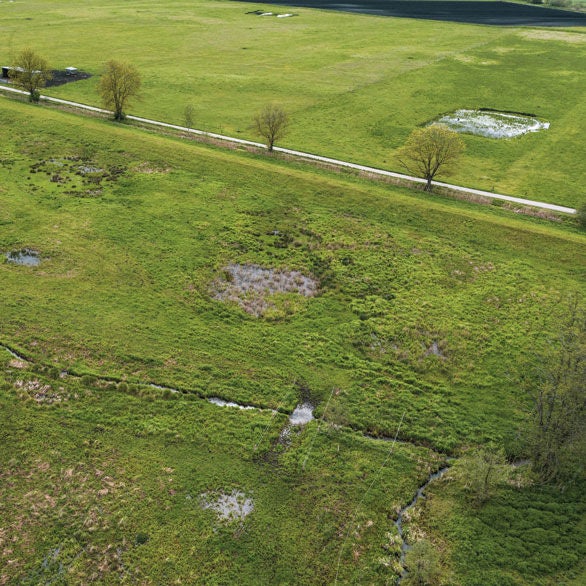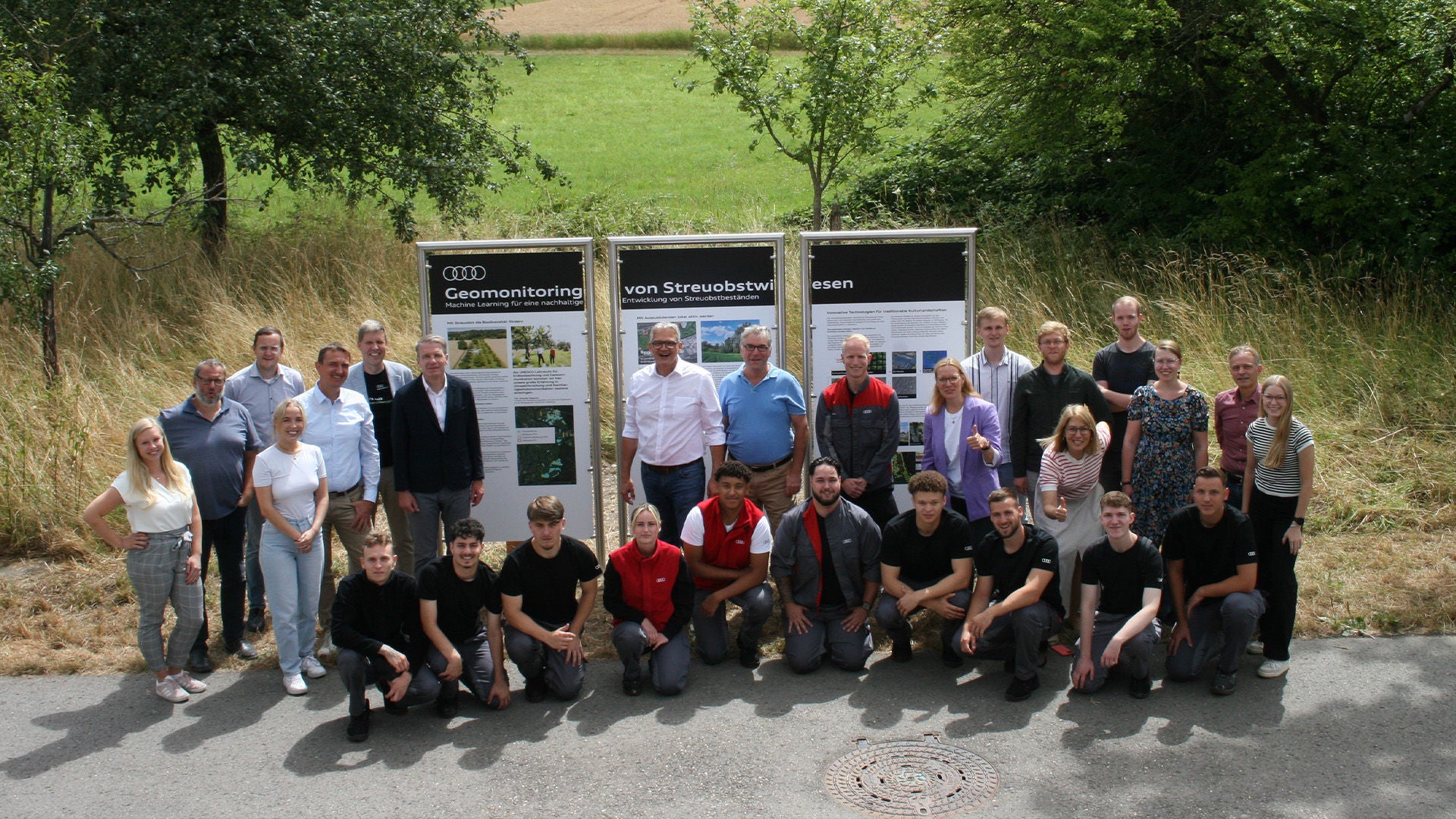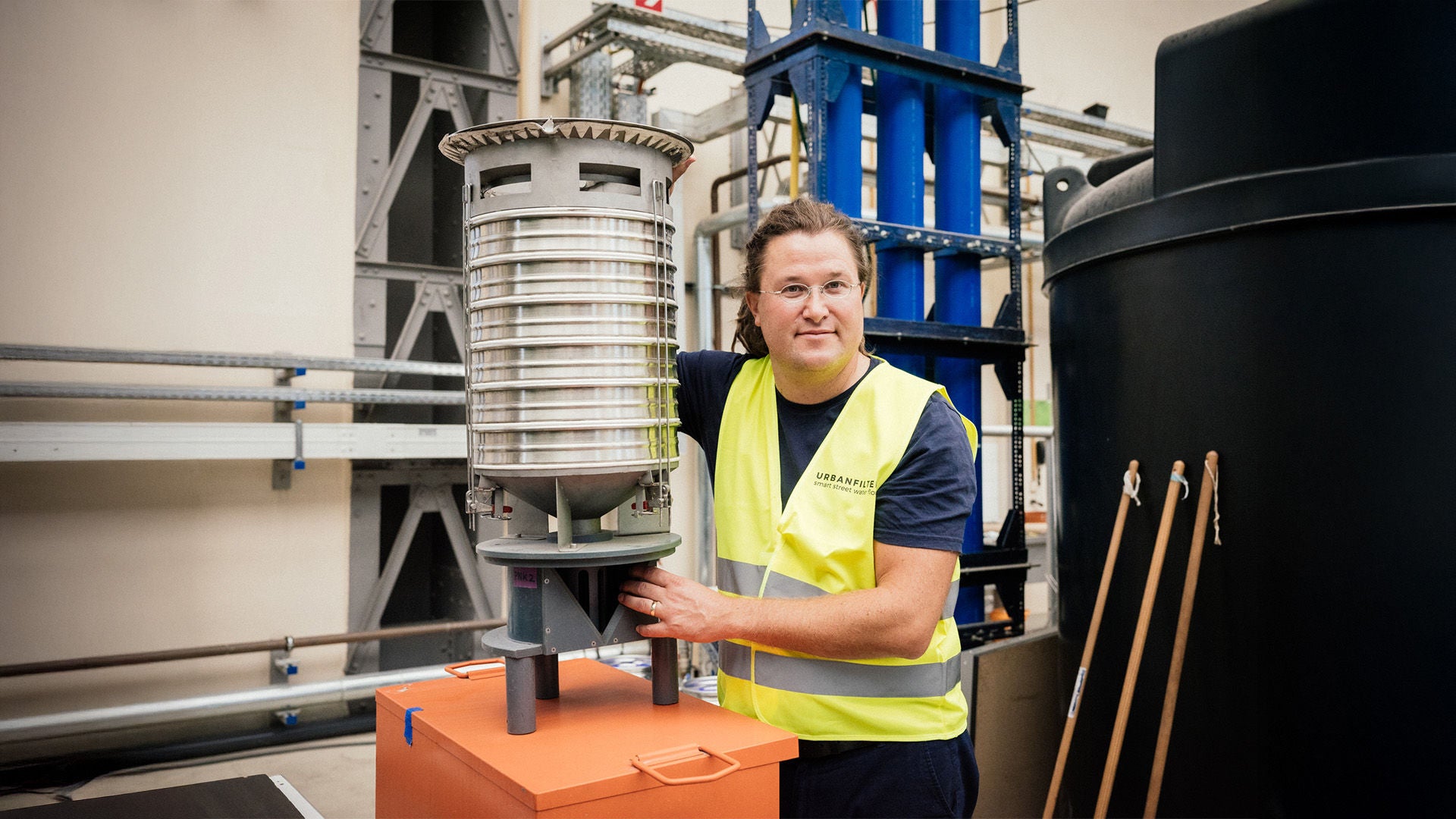Peatland protection is climate protection – “CO₂-Regio“ feasibility study
05/22/2021 — Reading Time: 1 min
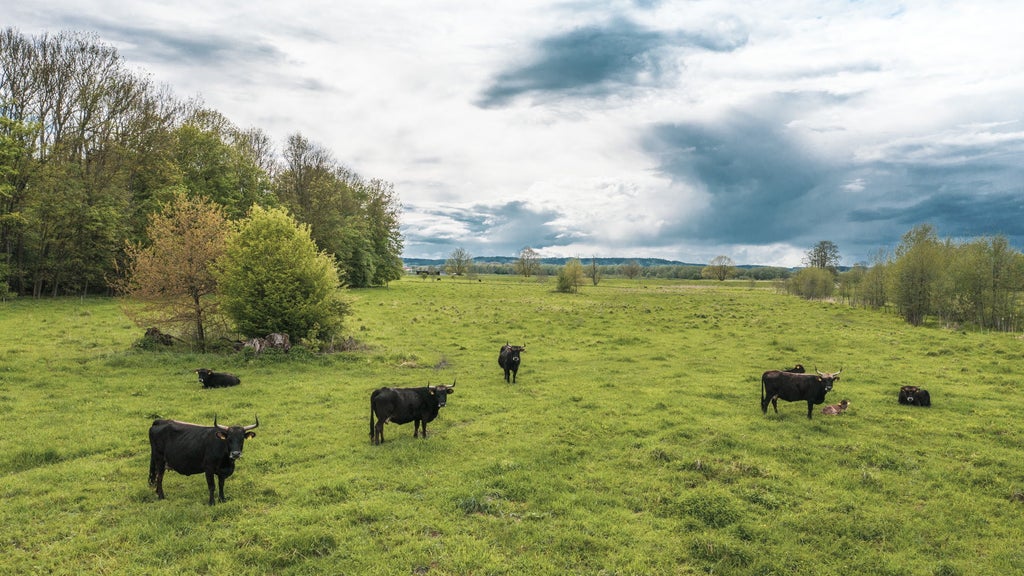
Peatlands store huge amounts of carbon dioxide and other greenhouse gases, they can even store substantially more carbon dioxide than forests. They are valuable ecosystems providing a unique habitat for many plant and animal species and are important for the preservation of biodiversity.
Over 90 percent of the peatlands in Germany have already been drained and three quarters are used for agriculture or forestry. Due to the loss of peatlands, the large amounts of stored greenhouse gases are released again. The preservation and rewetting of peatlands are important components in the fight against climate change. Therefore the Audi Environmental Foundation is financially supporting a feasibility study aimed to create a CO₂-compensation mechanism by strengthening regional economic cycles and alternative uses in terms of peatland protection. An important element of the “CO₂-Regio” study is to examine the possibilities of restoration and preservation of peatlands through innovative agricultural methods on test areas to show their profitability. With scientific support, various measures are to be compared with each other and with conventional agriculture, in order to show that an alternative use can be profitable for the farmers.
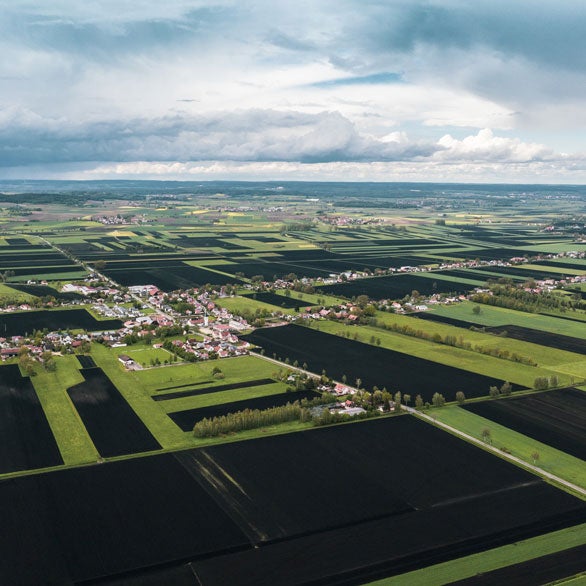
The “CO₂-Regio” study is designed for two years and is funded by the EU’s LEADER program and supported by the involved districts and municipalities. Peatland protection can be achieved by various measures such as renaturation, cultivation of paludiculture (wetland-friendly pasture or agriculture) or an alternative use of the peatland areas for photovoltaics. Ultimately, a map will be created showing which areas are suited best for a certain kind of usage. A catalog of measures is to evaluate the various possibilities of climate protection measures such as building up of humus, afforestation, as well as peatland protection according to economic, ecological and social conditions. In addition, a CO₂-balance will be carried out identifying suitable areas.
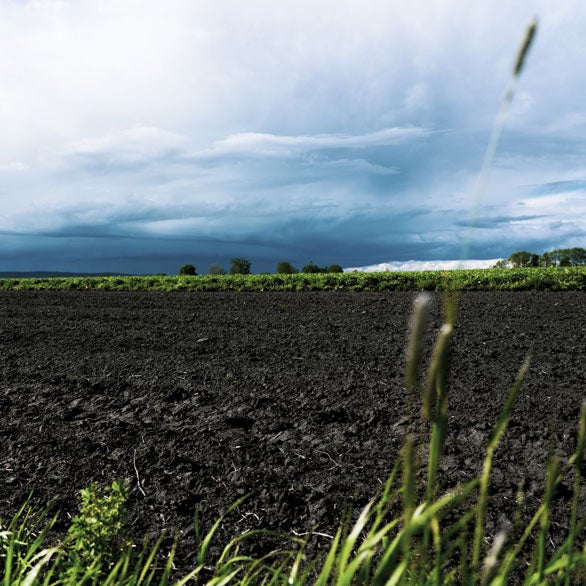
A regional compensation mechanism will be introduced with certificates that can be acquired to compensate unavoidable CO₂-emissions and the farmers will receive the proceeds. Furthermore, producers and consumers will be supported by a regional economic cycle so that potential products can find their way onto the market. All members involved in the study stay in regular contact and a transparent communication ensures the participation of interested people.
